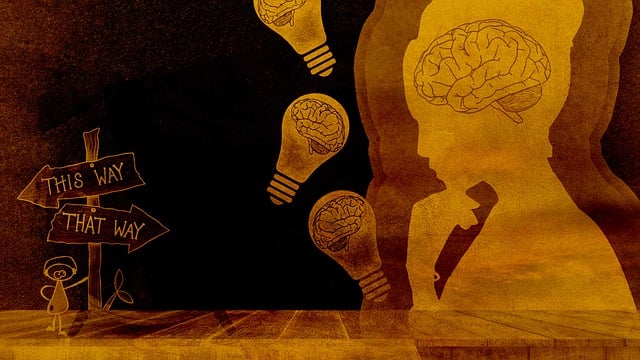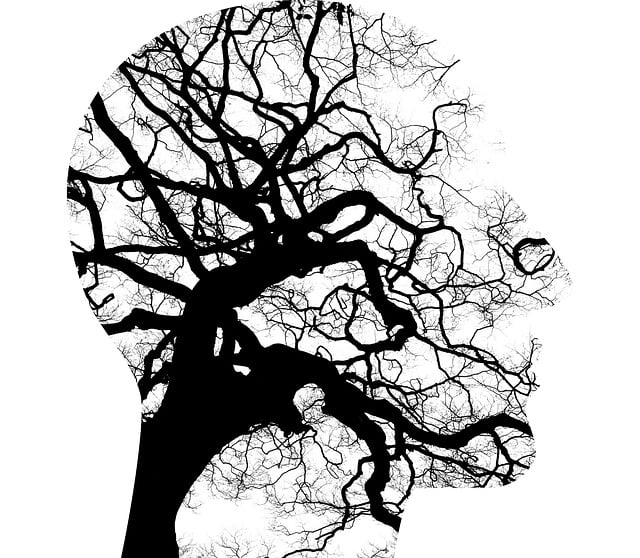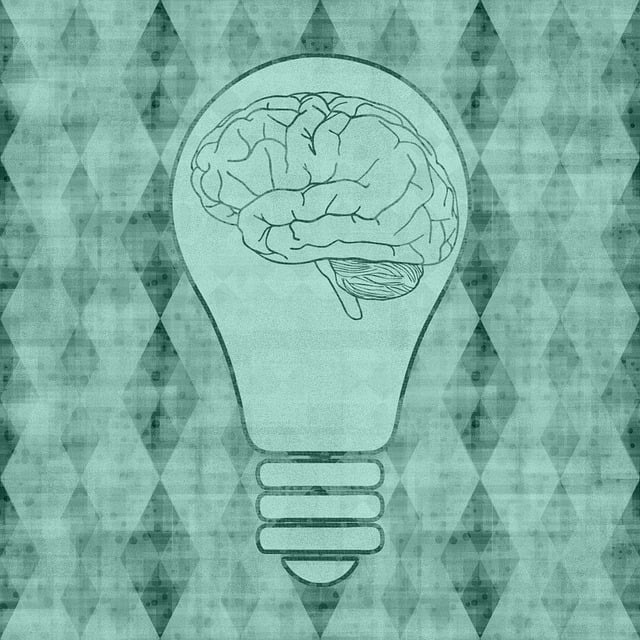Wheat Ridge Abuse Survivors Therapy (WRAST) offers a holistic Recovery, Resilience, and Growth Model (RFM) for trauma survivors, focusing on three key areas: recovery equips healthy coping mechanisms, resilience builds self-confidence to navigate challenges, and growth cultivates new skills and perspectives. Through specialized services like Trauma Support and training for healthcare providers, WRAST fosters community understanding and empowers survivors to reclaim their well-being. Resilience-building exercises, including journaling and safe emotional expression, enhance mental wellness, emotional intelligence, and long-term coping strategies, transforming adversity into growth opportunities.
“Discovering Resilience: Healing and Growth through RFM. This article explores the transformative power of resilience-focused approaches, particularly highlighting Wheat Ridge Abuse Survivors Therapy (WRAST). WRAST utilizes the RFM framework—a structured path to healing—to empower individuals post-trauma.
We’ll delve into how these exercises foster emotional expression, build mental fortitude, and offer long-lasting benefits. By understanding WRAST’s impact, readers can grasp the significance of creating safe spaces for survivors to navigate their journeys towards resilience.”
- Understanding RFM: A Framework for Healing
- The Impact of Wheat Ridge Abuse Survivors Therapy
- Resilience-Building Exercises: Empowering Personal Growth
- Creating a Safe Space for Emotional Expression
- Long-Term Benefits and Continuous Support
Understanding RFM: A Framework for Healing

Understanding RFM, or Recovery, Resilience, and Growth Model, offers a powerful framework for healing among Wheat Ridge Abuse Survivors Therapy clients. This therapeutic approach recognizes that effective recovery involves more than simply addressing past traumas; it’s about fostering resilience and nurturing personal growth. RFM focuses on three key areas: Recovery equips individuals with coping mechanisms to manage distress and process traumatic memories healthily. Resilience helps survivors navigate challenges, build self-confidence, and adapt positively to stressful situations. Growth involves cultivating new skills, interests, and perspectives that contribute to a sense of purpose and well-being.
By integrating these concepts, the Stress Management Workshops Organization’s programs provide participants with comprehensive tools for mental health recovery. This holistic approach is particularly beneficial for those who have experienced complex trauma, as it encourages individuals to move beyond survival mode and embrace a future filled with hope and personal achievement. Moreover, incorporating RFM into therapy can help mental health professionals conduct thorough Risk Assessments, ensuring clients receive tailored support that addresses their unique needs and promotes long-term well-being.
The Impact of Wheat Ridge Abuse Survivors Therapy

Wheat Ridge Abuse Survivors Therapy (WRAST) offers a sanctuary for individuals who have endured trauma and abuse. This specialized therapy program recognizes the profound impact that traumatic experiences can have on an individual’s mental, emotional, and physical well-being. By focusing on resilience building exercises, WRAST equips survivors with coping mechanisms to navigate the challenges they face. The therapeutic environment fosters a sense of safety, allowing clients to process their traumas in a supportive setting.
WRAST’s approach integrates various emotional healing processes tailored to each individual’s unique needs. This includes Trauma Support Services that go beyond traditional therapy, extending into community outreach and Healthcare Provider Cultural Competency Training to ensure a network of understanding and support. Through these initiatives, WRAST aims to revolutionize the way trauma is addressed, promoting holistic recovery and empowering survivors to reclaim their lives.
Resilience-Building Exercises: Empowering Personal Growth

Resilience-building exercises play a pivotal role in empowering personal growth, especially for individuals who have experienced trauma or abuse, such as those seeking Wheat Ridge Abuse Survivors Therapy. These exercises are designed to help people develop coping skills that can enhance their mental wellness and overall emotional intelligence. By engaging in activities that challenge them to confront and overcome adversity, participants gain a deeper understanding of their strengths and learn effective strategies to navigate life’s challenges.
One popular resilience-building technique is journaling, which offers a safe space for individuals to express their thoughts and emotions. Mental wellness journaling exercise guidance can be tailored to suit various needs, encouraging self-reflection and personal discovery. This process allows survivors to identify patterns in their thinking and behavior, fostering emotional awareness and the ability to respond rather than react to stressful situations. Through regular practice, these exercises can transform adversity into opportunities for growth and healing.
Creating a Safe Space for Emotional Expression

Creating a safe space for emotional expression is an integral part of resilience building exercises, especially for those who have experienced trauma, such as Wheat Ridge Abuse Survivors Therapy clients. This involves fostering an environment free from judgment where individuals can openly share their feelings and stories. By employing empathy-building strategies, therapists facilitate meaningful conversations that encourage self-awareness and understanding. Through active listening and open dialogue, clients feel validated, which is crucial for healing and recovery.
Effective communication strategies play a significant role in burnout prevention. The ability to express emotions and receive support without fear of repercussion strengthens individuals’ coping mechanisms. These safe spaces allow for the exploration of past experiences and the development of new, healthy ways of processing them. It’s a transformative process that empowers survivors to rebuild their lives with resilience and hope.
Long-Term Benefits and Continuous Support

Engaging in resilience-building exercises offers long-term benefits for individuals, especially those who have experienced wheat ridge abuse survivors therapy. These practices equip people with powerful tools to navigate life’s challenges and setbacks. By mastering emotional regulation and stress management skills, individuals can enhance their overall mental wellness. This process fosters a sense of empowerment, enabling them to break free from harmful patterns and build a more robust, balanced life.
The continuous support provided through resources like the Mental Wellness Podcast Series Production and Stress Management Workshops Organization plays a pivotal role in this journey. These platforms offer ongoing guidance and education, ensuring individuals stay on track with their emotional growth. Regular exposure to such initiatives reinforces resilience, making it an integral part of one’s lifestyle rather than a temporary fix.
The journey towards healing and resilience for those who have experienced trauma, such as abuse survivors from Wheat Ridge, is a powerful process. By employing frameworks like RFM (Resilience, Flexibility, and Mastery) and engaging in targeted exercises, individuals can build emotional resilience. The support offered through therapy, especially the specialized Wheat Ridge Abuse Survivors Therapy, creates safe spaces for expression and fosters personal growth. These methods not only provide immediate relief but also equip individuals with lifelong tools to navigate challenges, ensuring they can thrive despite their past experiences.














